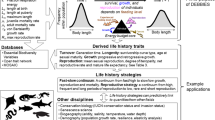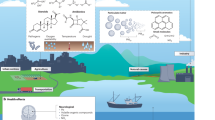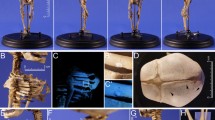Abstract
ON reading Prof. W. Stanley Jevons' interesting letter in this week's NATURE, I referred to my note-book, and found the following quotation, under the title of “Natural Selection,” which shows that the opinion of Maupertuis is at least as old as Empedocles.—“Cette dernière opinion sert á expliquer les idées d'Empédocle sur la production des animaux par des causes accidentelles. L'attraction et la répulsion des élémens donnèrent naissance dans les commencemens et par le seul effet du hasard, à des têtes sans cou, à des jambes sans corps, à des animaux moitié bæufs et moitié hommes, en un mot, à une foule de monstrés semblances. Parmi tous ces êtres, les uns étaient construits de manière qu'ils semblaient êtres doués de l'intelligence: ceux-là conservèrent la vie, et propagèrent leur espèce, mais ceux auxquels l'organe de la vie manquait, retombèrent dans le chaos, d'ou ils étaient sortis.” (“Histoire de la Medécine,” par Kurt Sprengel, vol. i. p. 249.) Sprengel gives the following references:—Aristotle, Physic. Lib. ii., c. 4, p. 465., c. 8, p. 470. Owing to my distance from a public library I have not hitherto had an opportunity of referring to Aristotle; but as Prof. Jevons is more favourably circumstanced, I hope he will consult the original, and if he finds anything which throws further light upon this interesting question, that he will report it to your readers.
This is a preview of subscription content, access via your institution
Access options
Subscribe to this journal
Receive 51 print issues and online access
$199.00 per year
only $3.90 per issue
Buy this article
- Purchase on SpringerLink
- Instant access to the full article PDF.
USD 39.95
Prices may be subject to local taxes which are calculated during checkout
Similar content being viewed by others
Author information
Authors and Affiliations
Rights and permissions
About this article
Cite this article
ROSS, J. Anticipations of Natural Philosophy: Empedocles. Nature 7, 402 (1873). https://doi.org/10.1038/007402b0
Issue date:
DOI: https://doi.org/10.1038/007402b0



